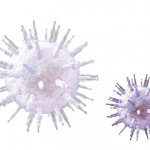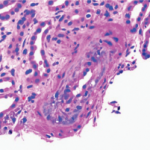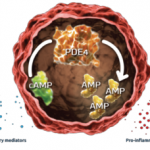People with or at risk for symptomatic knee osteoarthritis (OA) may be assigned to four depression subtypes with distinct clusters of depressive symptoms that may affect pain and disability over time, according to a new study in Arthritis Care & Research.1 Four depression subtypes were identified in the study using the Center for Epidemiologic Studies…









